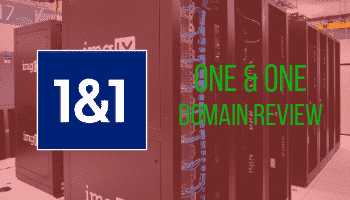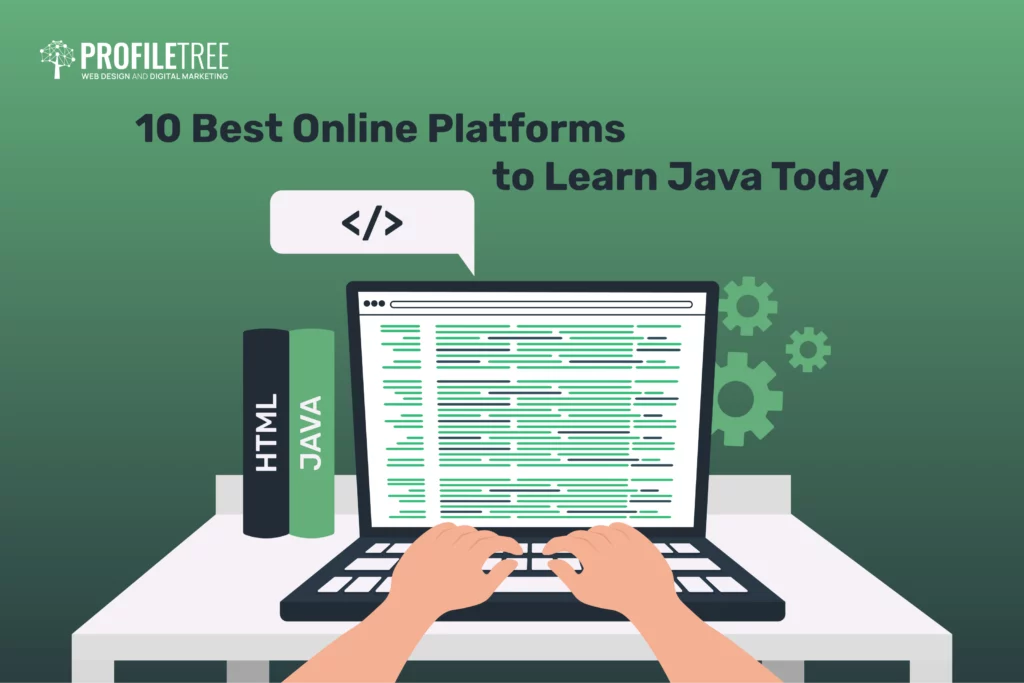Advice for Developers: The developer path is an exciting adventure, paved with challenges, triumphs, and a constant hum of creative energy. Whether you’re a seasoned coder navigating the ever-evolving tech landscape or a curious adventurer taking your first steps into the world of code, seeking advice is your most valuable weapon. Today, we embark on a quest together, exploring essential areas where wise counsel can illuminate your path and propel you towards success.
I. Mastering the Craft: Essential Skills and Mindset
Developing brilliance requires two pillars: technical proficiency and a growth-oriented mindset. Hone your skills in languages like Python or Java, delve into the mysteries of algorithms and data structures, and become a master of version control with Git. But remember, coding is just the chisel – critical thinking, problem-solving, and a thirst for learning are the sculptor’s hands that shape your creations.
II. Charting Your Course: Career Development and Growth
Landing your dream job and navigating the ever-changing career landscape demand strategic planning. Craft a resume that showcases your skills and passions, build connections with industry veterans, and ace those dreaded technical interviews. Remember, continuous learning is your compass – online courses, hackathons, conferences, and even open-source projects can light your way.
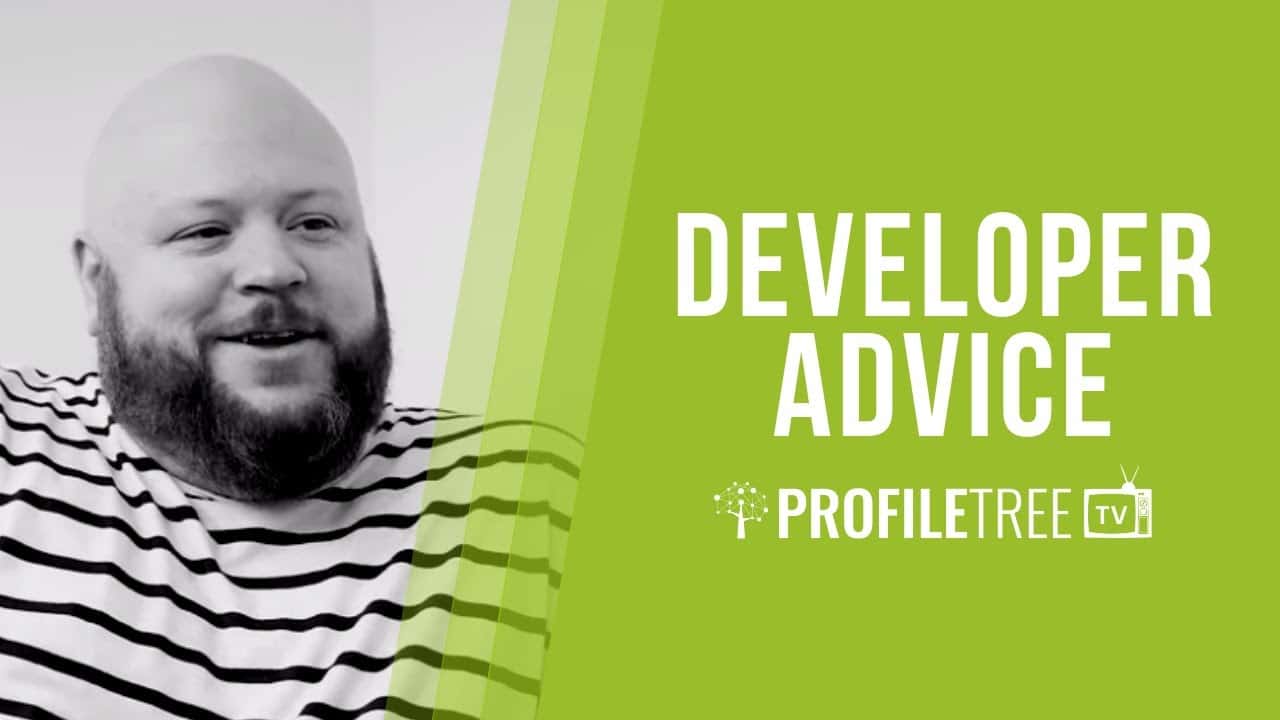
III. Tools of the Trade: Your Developer Arsenal
Equip yourself with the right tools to conquer any coding challenge. Choose an IDE that sparks your creativity (Visual Studio Code? PyCharm?), utilize testing frameworks like JUnit or PHPUnit to banish bugs, and leverage project management platforms like Trello or Asana to keep your team in sync. Don’t forget the power of communities and forums – your fellow developers are a treasure trove of knowledge and support.
IV. Conquering the Mountain: Overcoming Common Challenges
Burnout and stress can lurk in the shadows, imposter syndrome might whisper doubts, and technical roadblocks can seem insurmountable. But fear not! Maintain a healthy work-life balance, celebrate your wins, and remember, every successful developer has faced these hurdles. Seek help from mentors, communities, and debugging tools – together, we can conquer any peak.
V. The Never-Ending Quest: Continuous Learning and Growth
The developer journey is not a sprint, but a lifelong marathon. Embrace a growth mindset, constantly upskill and adapt to new technologies, and never stop learning. Share your knowledge by mentoring others, contribute to open-source projects, and participate in hackathons – the developer community thrives on collaboration and shared wisdom.
This is just the beginning of our adventure. In the chapters ahead, we’ll delve deeper into each of these areas, offering actionable advice, practical tips, and inspiring stories from fellow developers. So, buckle up, sharpen your coding skills, and get ready to embark on a journey that will empower you to write your own success story in the code-fueled world!
The world of the web can be a daunting place – even if you’re an expert in it. Whether it be upgrading to an eCommerce website, or venturing into business for yourself – we have the answers to your questions.
In our latest Business Leaders episode, we spoke to Gareth Burns, CTO of tech company Selazar, about eCommerce, development technology and advice for tech start-ups.
If you’re looking for great advice and insights about the tech industry, check out our interview with Gareth below, or read on for the highlights.
Table of Contents
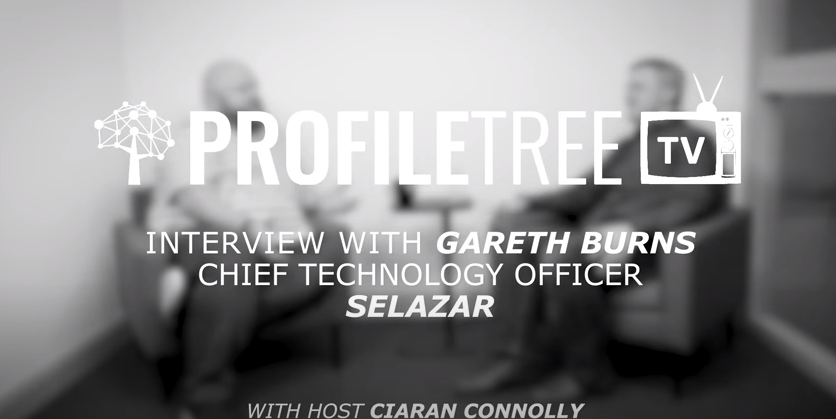
Who is Selazar?
At the beginning of the interview, Gareth introduced himself and the work of Selazar, by outlining how he had moved through the ranks of software development over 20 years.
“I’ve worked my way up from a developer role to where I am now, in a fantastic eCommerce start-up.
“What we do is join up the different parts of the eCommerce journey to make it easier for people to get online with their online stores. We connect them directly to suppliers and couriers, basically making it easier and more cost-effective as well.”
Selazar prides itself on offering smart, scalable and fulfilling innovative eCommerce technology, delivering an easy-to-use end-to-end fulfillment platform for its clients.
Noting the attention the business’s interesting name ‘Selazar’ receives – Gareth explains its conception.
“The name Selazar was created by our lovely CEO Jack, it’s his baby. I believe it is something to do with ‘selling at the bazaar’. It’s one of those names people start off thinking ‘that’s very strange and different. Then they get more used to it and can see how it makes sense.”
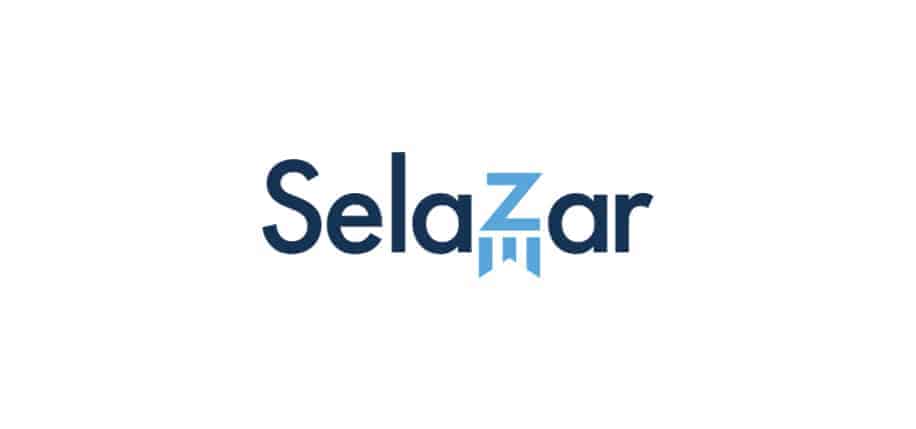
Gareth’s Tech Journey
For Gareth, tech was a core part of his childhood, and emphasises the importance this had on his career choice.
“I came from a tech family, my dad was very much a tech guy and still is. I grew up with a house full of computers and stuff, which was a bit strange for the eighties and nineties.
“It meant that when the internet started happening and PCs went into every home I was, luckily enough, at the forefront. Despite my best efforts to be a musician, or an artist, or a writer I always found myself back in tech as I always had a real passion for it.
“I knew what I wanted to do and with the dawn of the internet I knew I wanted to be involved in it, so that was the path I carved out for myself and very much sought through.”
During Gareth’s interview, he noted that being able to experience a variety of work has been of huge personal benefit during his career.
“I have been very fortunate to have been a developer, a manager and a consultant working with companies over the world to learn how they do things.
“It has opened my eyes quite a lot.”

Difficulties in the Tech Industry
While the tech industry is booming, it still comes with its struggles. Gareth addresses a skills shortage in Northern Ireland, and that it is vital that we “encourage more young people into tech”.
Where there is a problem – a tech expert will find a solution.
“I think there’s a lot more we can be doing. There are things like CodeCombat that they can play online, it essentially teaches them to code and play at the same time.
“Kids can programme for characters to pick up gems or fight enemies. It’s a fun game and teaches them the basics of coding. There are lots of other apps like that too.”
What is missing is an easy pathway for children to realise their passion for tech.
“If we can encourage kids at a young age to engage at that kind of level, it helps them to develop their skills and build a passion.
“It’s one thing to have people coming out of university with the skills, but unless you have the passion as well you’re not going to engage as well as you could.”
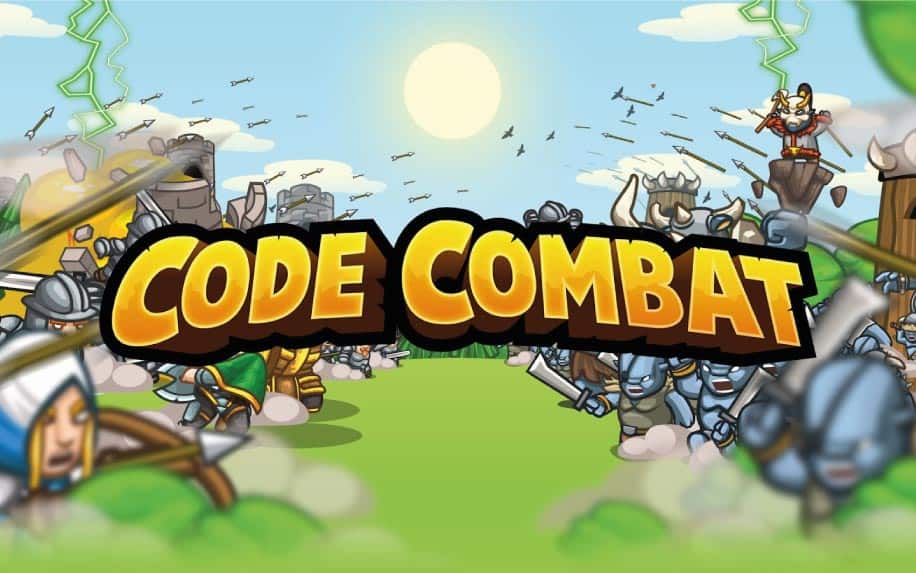
Gareth’s Advice for Young Tech Talent
For those who are starting out in tech, whether it be in their career or exploring a new avenue in the industry, Gareth offers invaluable advice.
“It’s about knowing yourself, what you want and why you want to do something.
“Software development has grown as an industry. What used to be just one person doing everything, is now a case of so many people specialising in so many paths. My advice is to know yourself, know what your passion is and strategise rather than be tactical.
“I had a clear goal that I wanted to be a director or CTO of a tech company before I was 40 – and just got in under the wire!”
With a clear vision, comes the determination to see it through. Gareth states that if you are thinking of starting up a tech company, you should know exactly what to expect.
“Startups are a very fast environment. You have to learn a lot, fast and under pressure. You need to know what your appetite is for that.
“It is either sink or swim sometimes. If you want to go at a more leisurely pace or if your goals are different to learning a lot of tech quickly – a start-up may not be for you.
“The difference is down to personalities. Like me, if you want to be hands-on, learning everyday and seeing results of your efforts fast – then it is for you.”
How to Stay Ahead in Tech
With the tech and development industries being so fast-paced, how does a person keep up and stay motivated? According to Gareth, the answer is being knowledgeable and passionate – yet pragmatic.
“Every tech company is different – it has a different sector, a different scale. Some may have an app, some may have a multi app platform like us.
“I think you have to really know your business. It is business basics, then the tech comes afterwards in terms of how you make it come alive.
“You need to be pragmatic. There’s a lot of enthusiasm for using the latest things or trying stuff out first. But you need to strike that balance of using something that’s tried and tested but will give your business an advantage.”
In tech, it is about using the facilities and tools in a smart way, to give your business the best chance to start and grow. However, it all starts with using your business brain, as Gareth iterates.
“No matter what happens, it’s the business principles first.
“Technology helps us do things and open doors – but it isn’t the main motivator in making things happen. If you work in healthcare, it can help you push things forward. But if you’re working in something like eCommerce, technology is the mechanism for making things happen, it is not the business driver.
“Nobody says ‘I want to set up an eCommerce store because I really want to use the latest web technology’. They’re in that because they love the products they want to sell.”
To hear much more about eCommerce, tech and development – check out our full Business Leaders interview.
eCommerce development requires real skill, and we are proud to offer this service to customers across the UK and Ireland. If you are interested in upgrading your eCommerce site, then feel free to drop us a message.
Continuous Learning: Fueling Your Development Journey
In the ever-evolving world of software development, staying ahead of the curve is not just desirable, it’s essential. Continuous learning is the fuel that propels your career forward, opening doors to new opportunities and keeping you relevant in the dynamic tech landscape. Let’s explore some key avenues for fueling your learning engine:
Keeping Up with Languages and Frameworks:
- Embrace the New: Don’t get comfortable with your current skillset. Research new languages and frameworks relevant to your field, understand their strengths and weaknesses, and experiment with them through small projects or personal coding challenges.
- Follow the Leaders: Stay updated on industry trends by tracking major conferences, reading tech blogs and publications, and subscribing to newsletters from language and framework communities.
- Learn from the Masters: Take online courses or workshops from renowned developers who can share their insights and best practices. Utilize platforms like Coursera, Udemy, and EdX for in-depth learning experiences.
Leveraging Online Resources:
- Documentation Dive: Every language and framework comes with comprehensive documentation. Treat it as your bible, referring to it frequently to deepen your understanding and tackle specific challenges.
- Community Power: Participate in online forums and communities dedicated to your chosen language or framework. Ask questions, share your own knowledge, and learn from the collective wisdom of fellow developers.
- Blogs and Publications: Stay informed by subscribing to informative tech blogs and online publications that offer technical tutorials, code reviews, and industry news.
Reading Programming Books and Publications:
- Deepen Your Fundamentals: Investing in well-written programming books can provide a solid foundation in critical concepts like algorithms, data structures, and design patterns. Choose books with strong reviews and recommendations from experienced developers.
- Diverse Perspectives: Expand your horizon by reading books and articles on different aspects of software development, including testing, project management, and communication skills. This cross-disciplinary knowledge makes you a more well-rounded developer.
Attending Conferences and Meetups:
- Live and Learn: Immerse yourself in the developer community by attending conferences and meetups. These events offer opportunities to learn from industry experts, network with peers, and discover the latest trends and technologies.
- Interactive Engagement: Participate in workshops, hackathons, and coding challenges organized at these events. The hands-on learning experience can solidify your understanding and spark new ideas.
Writing Clean, Maintainable Code: Building Long-lasting Software
Code is not just about functionality, it’s about communication and collaboration. By writing clean, maintainable code, you make your work easier to understand, modify, and share with others. Here are some key principles to follow:
Commenting Code Appropriately:
- Explain Why: Don’t just comment what the code does, explain why it does it. Your comments should provide context, clarify complex logic, and guide future developers who might need to work on your code.
- Maintain Consistency: Develop a consistent commenting style and stick to it throughout your code. This makes your comments easier to read and understand.
- Avoid Overcommenting: While comments are important, too much commenting can clutter your code. Focus on explaining non-obvious sections and logic flow.
Using Consistent Style Guidelines and Patterns:
- Embrace Readability: Follow established coding style guidelines for your chosen language. This ensures consistent formatting, indentation, and variable naming, making your code more readable and visually appealing.
- Leverage Code Patterns: Utilize established design patterns and principles to structure your code effectively. This promotes modularity, reusability, and maintainability.
Designing Modular Components:
- Divide and Conquer: Break down your code into smaller, well-defined functions and modules. This makes your code easier to understand, debug, and test.
- Loose Coupling, Tight Cohesion: Ensure your modules are loosely coupled (dependent on minimal external components) and tightly cohesive (focused on a single, well-defined functionality). This reduces dependencies and improves maintainability.
Refactoring Regularly:
- Embrace Change: Don’t treat your code as set in stone. As your understanding grows and requirements evolve, don’t hesitate to refactor your code to improve its structure, clarity, and performance.
- Small and Frequent: Don’t wait for major revisions. Make small, incremental refactorings regularly to prevent code rot and maintain a clean codebase.
Understanding the Full Stack: The Interconnected Developer
In today’s complex software ecosystems, having a comprehensive understanding of the full stack – from user interfaces to servers to deployment – is increasingly valuable for developers. It empowers you to make informed decisions, anticipate challenges, and contribute meaningfully across different stages of development. Let’s dive into key areas to explore:
Expanding Your Horizons:
- Frontend Expertise: Master the art of crafting user-friendly and interactive interfaces using HTML, CSS, and JavaScript. Explore modern frameworks like React, Angular, or Vue.js to build dynamic and responsive web applications.
- Backend Mastery: Delve into the server-side logic that powers applications, handling data storage, processing requests, and managing user interactions. Gain proficiency in languages like Python, Java, or Node.js, and frameworks like Django, Spring, or Express.
- DevOps Capabilities: Bridge the gap between development and operations by understanding deployment processes, infrastructure management, and continuous integration/continuous delivery (CI/CD) practices. Explore tools like Docker, Kubernetes, and cloud platforms like AWS or Azure.
Building Knowledge Outside Core Areas:
- Database Management: Learn how to store and retrieve data efficiently using relational databases like MySQL or PostgreSQL, or explore non-relational options like MongoDB or Cassandra.
- Networking Fundamentals: Understand how applications communicate over networks, including concepts like HTTP, REST APIs, and security protocols.
- Testing and Quality Assurance: Implement comprehensive testing strategies to ensure code quality and prevent bugs. Learn about unit testing, integration testing, and automation tools.
Understanding Deployment:
- Deployment Environments: Gain familiarity with different deployment environments, such as local testing, staging, and production. Understand the process of deploying code to servers and configuring applications for different environments.
- Cloud Infrastructure: Explore cloud computing platforms like AWS, Azure, or Google Cloud, and the services they offer for hosting, scaling, and managing applications.
- Monitoring and Troubleshooting: Learn to monitor application performance, identify issues, and troubleshoot problems in production environments.
Collaborating Effectively: Building Together, Building Stronger
Software development is rarely a solo endeavor. Effective collaboration is essential for building successful projects and fostering a positive team dynamic. Here are key practices to embrace:
Version Control Mastery:
- Git Expertise: Become proficient in using Git for version control, enabling seamless collaboration, tracking changes, and managing code merges. Learn branching strategies, pull requests, and conflict resolution techniques.
- Commit Often, Commit Well: Make frequent, meaningful commits with clear messages that explain the changes made. This facilitates code reviews and understanding for others.
Communication and Documentation:
- Clear and Concise: Communicate ideas and technical details clearly, both verbally and in writing. Use diagrams, flowcharts, and comments to enhance understanding.
- Document Decisions: Record important decisions, design choices, and rationale behind code changes. This creates a shared knowledge base for the team and future developers.
Code Reviews and Pair Programming:
- Constructive Feedback: Engage in regular code reviews to provide feedback, identify potential issues, and share knowledge within the team. Keep feedback constructive and focused on improvement.
- Pair Programming Synergy: Embrace pair programming, where two developers work together on the same code in real-time, promoting knowledge transfer, problem-solving, and enhanced code quality.
FAQ: Advice for Developers
Q: Where can I find good resources for practicing data structures and algorithms?
A: You’ll find plenty of online platforms like LeetCode, HackerRank, and Codewars offering coding challenges and practice problems. Books like “Introduction to Algorithms” by Cormen et al. are also valuable resources.
Q: How do I keep up with the latest research in computer science?
A: Subscribe to journals like ACM Transactions on Algorithms and MIT Technology Review. Follow blogs and attend conferences hosted by organizations like ACM and IEEE.
Q: I’m struggling to maintain a work-life balance. What are some tips for avoiding burnout?
A: Prioritize regular breaks, set boundaries between work and personal life, and stick to a 40-hour work week. Find hobbies and activities you enjoy outside of coding to reduce stress and recharge.
Q: Do I need to master all of this to be a successful developer?
A: Having a strong foundation in core CS principles is incredibly valuable, but remember, development is a diverse field. Focus on the areas most relevant to your chosen path and never stop learning and expanding your skills.
Conclusion: Building a Fulfilling Developer Journey
The quest for mastery in the developer world is a lifelong adventure, where sharpening your foundational skills and nurturing your well-being go hand in hand. By mastering data structures and algorithms, understanding computational complexity, and staying ahead of the curve, you equip yourself with the tools to tackle complex challenges and create elegant solutions.
But remember, the journey is not just about the code. Maintaining a healthy work-life balance, avoiding burnout, and prioritizing your well-being fuel your creativity and sustain your passion for years to come.
Embrace the challenges, celebrate the wins, and never stop learning. With dedication, balance, and a continuous thirst for knowledge, you’ll not only excel in your technical skills but also build a fulfilling and sustainable career in the ever-evolving world of software development. The code awaits, so set forth, conquer the challenges, and write your own success story in the exciting landscape of technology!

